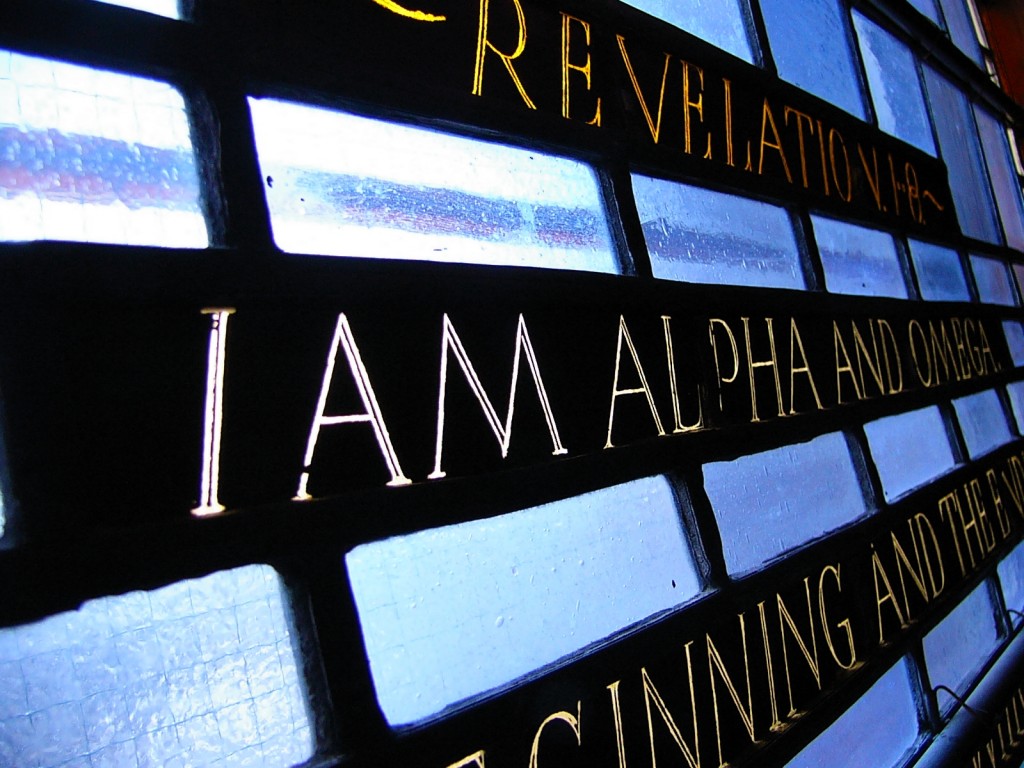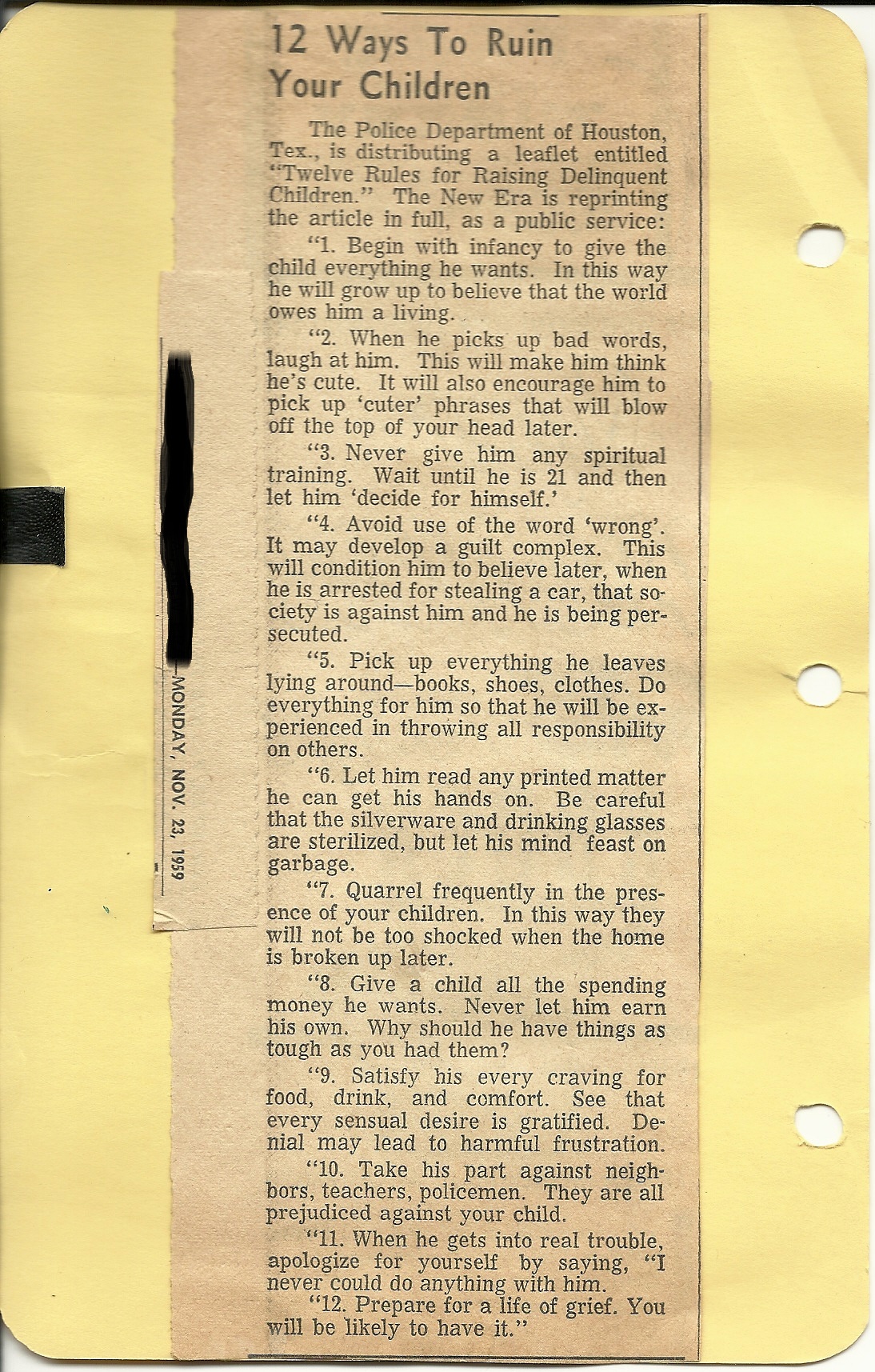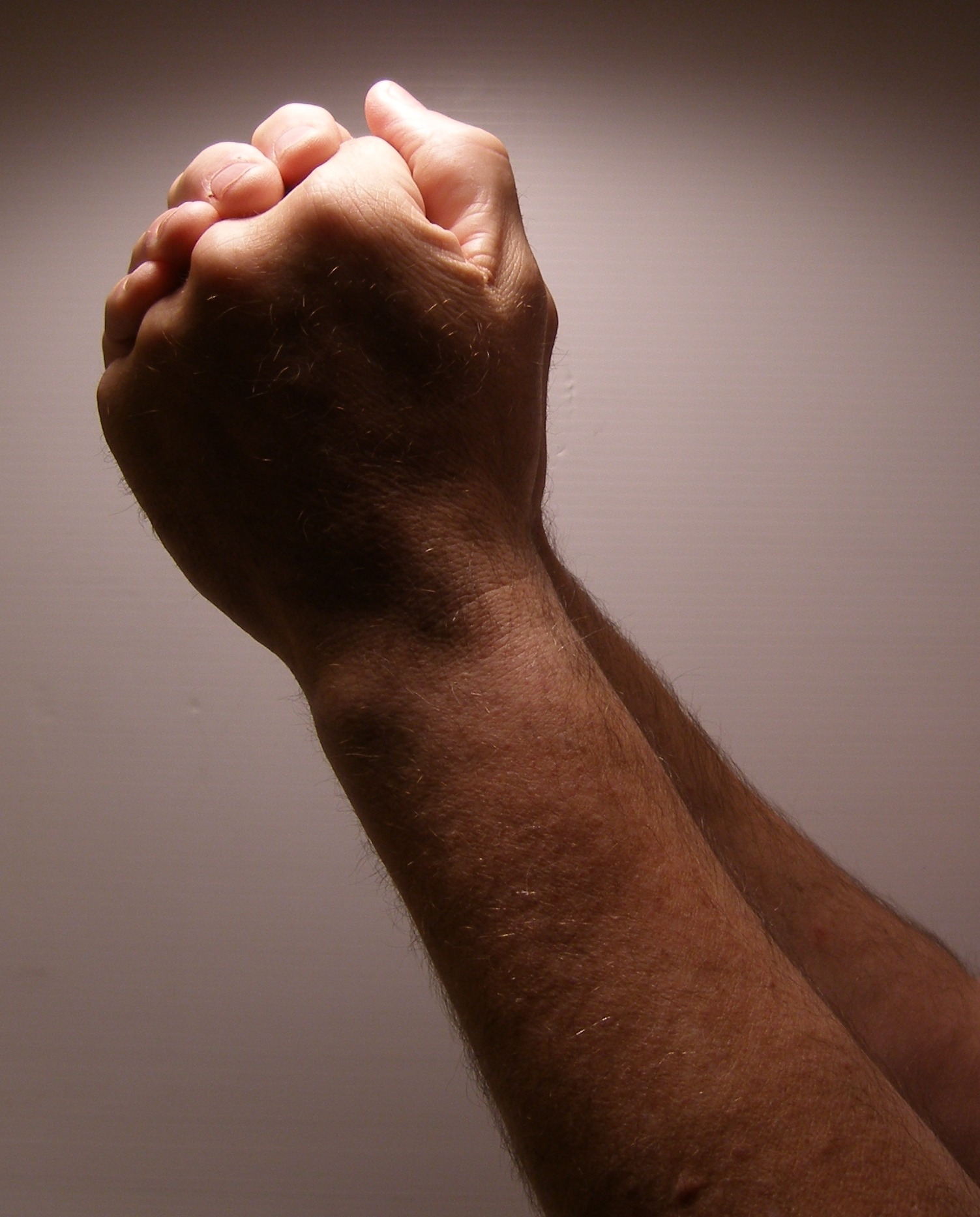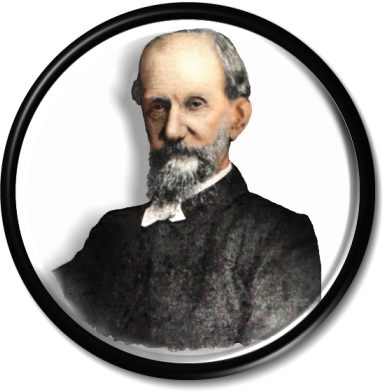Wednesday Wisdom: The Gold and Ivory Tablecloth
 This is one of my favorite stories. You may ask, “did this really happen?” as it seems so impossible. I have always thought that it is a true story but cannot verify that for sure. However, no matter if it is or isn’t, I have heard many miraculous true stories and I do know that anything is possible with God.
This is one of my favorite stories. You may ask, “did this really happen?” as it seems so impossible. I have always thought that it is a true story but cannot verify that for sure. However, no matter if it is or isn’t, I have heard many miraculous true stories and I do know that anything is possible with God.
At Christmas time men and women everywhere gather in their churches to wonder anew at the greatest miracle the world has ever known. But the story I like best to recall was not a miracle — not exactly.
It happened to a pastor who was very young. His church was very old. Once, long ago, it had flourished. Famous men had preached from its pulpit, prayed before its altar. Rich and poor alike had worshipped there and built it beautifully. Now the good days had passed from the section of town where it stood. But the pastor and his young wife believed in their run-down church. They felt that with paint, hammer, and faith they could get it in shape. Together they went to work.
But late in December a severe storm whipped through the river valley, and the worst blow fell on the little church — a huge chunk of rain-soaked plaster fell out of the inside wall just behind the altar. Sorrowfully the pastor and his wife swept away the mess, but they couldn’t hide the ragged hole.
The pastor looked at it and had to remind himself quickly, “Thy will be done!” But his wife wept, “Christmas is only two days away!”
That afternoon the dispirited couple attended the auction held for the benefit of a youth group. The auctioneer opened a box and shook out of its folds a handsome gold and ivory lace tablecloth. It was a magnificent item, nearly 15 feet long. but it, too, dated from a long vanished era. Who, today, had any use for such a thing? There were a few halfhearted bids. Then the pastor was seized with what he thought was a great idea.
He bid it in for $6.50.
He carried the cloth back to the church and tacked it up on the wall behind the altar. It completely hid the hole! And the extraordinary beauty of its shimmering handwork cast a fine, holiday glow over the chancel. It was a great triumph. Happily he went back to preparing his Christmas sermon.
Just before noon on the day of Christmas Eve, as the pastor was opening the church, he noticed a woman standing in the cold at the bus stop. “The bus won’t be here for 40 minutes!” he called, and invited her into the church to get warm.
She told him that she had come from the city that morning to be interviewed for a job as governess to the children of one of the wealthy families in town but she had been turned down. A war refugee, her English was imperfect.
The woman sat down in a pew and chafed her hands and rested. After a while she dropped her head and prayed. She looked up as the pastor began to adjust the great gold and ivory cloth across the hole. She rose suddenly and walked up the steps of the chancel. She looked at the tablecloth. The pastor smiled and started to tell her about the storm damage, but she didn’t seem to listen. She took up a fold of the cloth and rubbed it between her fingers.
“It is mine!” she said. “It is my banquet cloth!” She lifted up a corner and showed the surprised pastor that there were initials monogrammed on it. “My husband had the cloth made especially for me in Brussels! There could not be another like it.”
For the next few minutes the woman and the pastor talked excitedly together. She explained that she was Viennese; that she and her husband had opposed the Nazis and decided to leave the country. They were advised to go separately. Her husband put her on a train for Switzerland. They planned that he would join her as soon as he could arrange to ship their household goods across the border. She never saw him again. Later she heard that he had died in a concentration camp.
“I have always felt that it was my fault — to leave without him,” she said. “Perhaps these years of wandering have been my punishment!” The pastor tried to comfort her and urged her to take the cloth with her. She refused. Then she went away.
As the church began to fill on Christmas Eve, it was clear that the cloth was going to be a great success. It had been skillfully designed to look its best by candlelight.
After the service, the pastor stood at the doorway. Many people told him that the church looked beautiful. One gentle-faced middle-aged man — he was the local clock-and-watch repairman — looked rather puzzled.
“It is strange,” he said in his soft accent. “Many years ago my wife – God rest her — and I owned such a cloth. In our home in Vienna, my wife put it on the table” — and here he smiled — “only when the bishop came to dinner.”
The pastor suddenly became very excited. He told the jeweler about the woman who had been in church earlier that day. The startled jeweler clutched the pastor’s arm. “Can it be? Does she live?”
Together the two got in touch with the family who had interviewed her. Then, in the pastor’s car they started for the city. And as Christmas Day was born, this man and his wife, who had been separated through so many saddened Yule tides, were reunited.
To all who hear this story, the joyful purpose of the storm that had knocked a hole in the wall of the church was now quite clear. Of course, people said it was a miracle, but I think you will agree it was the season for it!









